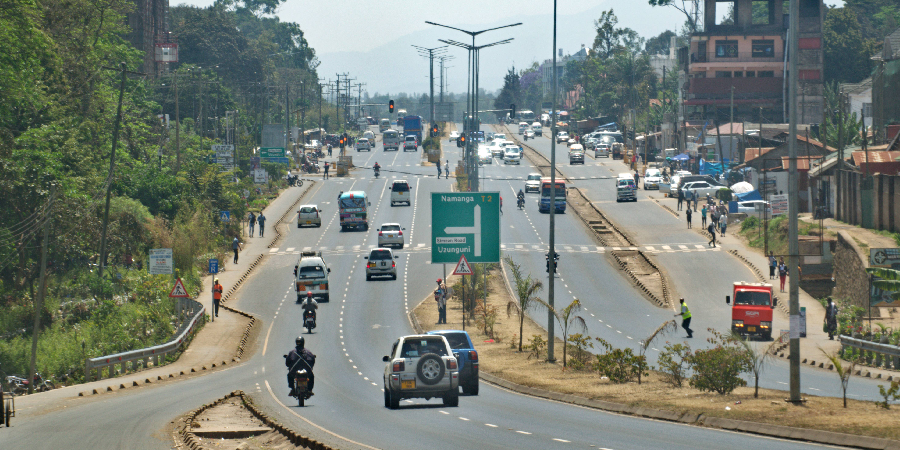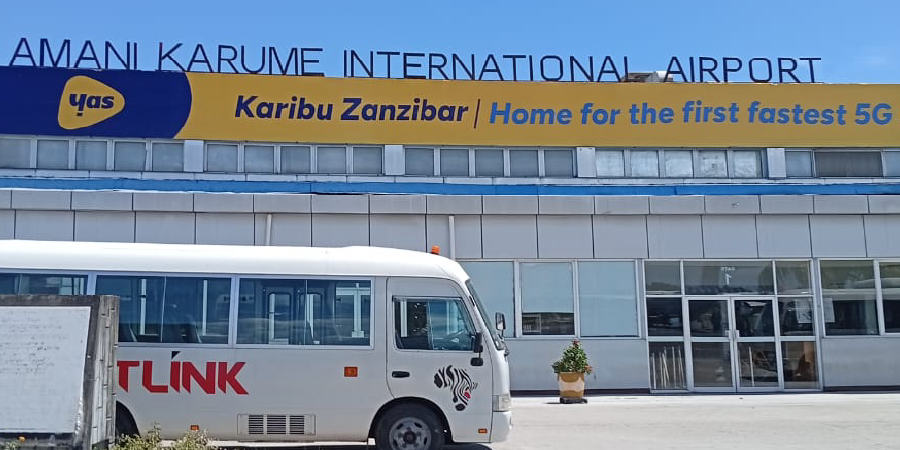How to Plan a Trip to Africa
(Step-by-Step Guide for First-Time Visitors)
Planning a trip to Africa can feel overwhelming at first. The continent is huge, seasons vary by region, and travel logistics can be very different from the rest of the world.
The good news? With the right preparation, an African trip becomes one of the most rewarding travel experiences in the world, whether you’re dreaming of a safari in Tanzania, beaches in Zanzibar, wildlife in Kenya, or scenic drives in South Africa.
This guide walks you through the exact steps to plan your African journey smoothly.
Planning a trip to Africa? Start with these steps:
Choose your destination region first
Travel during the dry season for best wildlife viewing
Budget realistically for safari costs
Book lodges and park permits early
Decide whether you want independent travel or local guidance
Full planning guide below.
Key Takeaways for Planning an Africa Trip
East and Southern Africa are easiest for first-time visitors
The dry season (June–October) is best for safaris
Safari travel requires earlier booking than most destinations
Combining safari and beach creates a balanced first itinerary
Local on-ground support can simplify complex logistics
1. Choose Which Part of Africa to Visit
Africa is not a single travel destination. Each region offers very different experiences.
Many first-time travelers start with:
Tanzania → classic safari parks and iconic wildlife
Zanzibar → Indian Ocean beaches and relaxed island stays
Kenya → strong safari infrastructure and migration viewing
South Africa → easy road trips, cities, and scenic coastal routes
Choosing your region first determines your budget, travel season, and routing.

2. Pick the Best Time to Travel
Timing has a major impact on your experience.
Dry season (recommended for wildlife)
June to October
Easier animal spotting
Cooler temperatures
Peak safari season
Green season (good for scenery & value)
November to May
Fewer tourists
Lush landscapes
Lower accommodation prices
For most safari-focused trips, the dry season is the safest choice.
3. Decide What Type of Africa Trip You Want
Not every African journey is safari-focused.
Ask yourself what matters most:
Wildlife safari adventure
Beach relaxation
Cultural exploration
Photography trip
Scenic self-drive journey
A very popular first-time combination is:
Safari experience followed by coastal relaxation
This balances activity and recovery time.
4. Set a Realistic Budget
Costs vary widely depending on travel style.
Typical daily ranges:
Budget travel → $120–$200
Mid-range safari → $300–$600
Luxury safari → $700+
National park fees, conservation charges, and guided vehicles make safaris more expensive than typical holidays.
Planning your budget early helps avoid itinerary changes later. Don’t make the mistake many travelers to Africa make, thinking that just because it is Africa, then things will be very affordable. Ask your travel consultant before you travel about the real cost of stuff you would wish to buy while you are here.
5. Plan Logistics Earlier Than You Think
Africa requires slightly more advance planning than many destinations.
Important items include:
visa requirements
vaccination recommendations
park entry permits
internal regional flights
travel insurance
For peak safari season, booking 6–12 months ahead is strongly recommended.

6. Decide Whether You Want Local Support
Some travelers plan their entire African trip independently.
Others prefer some level of local support, especially for complex safari routes or multi-country travel.
Having local on-ground guidance can help:
adjust plans if flights change
handle park logistics
recommend routes based on real conditions
provide support during unexpected travel disruptions
Some companies operate less like traditional package tour operators and more like local hosts — helping visitors travel flexibly while still having someone available when needed.
For many first-time visitors, this hybrid approach keeps the trip independent while reducing stress.
Why Africa Feels Different From Other Trips
Travel in Africa tends to stay with people long after they return home.
Part of this comes from the scale — vast savannahs, dramatic coastlines, and wildlife moving freely across landscapes that feel genuinely untamed. But just as often, it’s the rhythm of travel itself that feels different: journeys take longer, encounters feel more personal, and plans sometimes adapt to the moment rather than the clock.
For first-time visitors, choosing destinations with strong travel experience — such as Tanzania, Kenya, South Africa, or Zanzibar — helps make that first introduction both smooth and memorable.
With thoughtful planning at the start, the trip quickly shifts from logistics to something far simpler: watching, exploring, and experiencing a part of the world that rarely feels staged.
FAQs
How far in advance should I plan a trip to Africa?
Most travelers should plan their Africa trip 6–12 months in advance, especially for safari destinations where popular lodges and park permits can sell out early.
Is Africa safe for first-time visitors?
Many African destinations are very safe for tourism when visiting established safari regions, major parks, and well-traveled routes. Like any international trip, preparation and local knowledge help ensure a smooth experience.
How expensive is a trip to Africa?
Popular first safari destinations include Tanzania and Kenya for classic wildlife viewing, while South Africa offers easier self-drive options and strong tourism infrastructure.
What is the best country in Africa for a first safari?
Costs vary widely, but most standard safari trips fall between $300 and $600 per person per day including accommodation, park fees, and guided drives. Budget and luxury options are also available.
Do I need a guide for an Africa trip?
Not always, but many travelers choose local guidance for safari logistics, park access, and smoother travel coordination. Some prefer a flexible approach that allows independence while still having local support if needed.
What vaccinations or documents do I need for Africa?
Requirements vary by country, but travelers should typically check visa rules, passport validity, travel insurance, and any recommended vaccinations well before departure.
